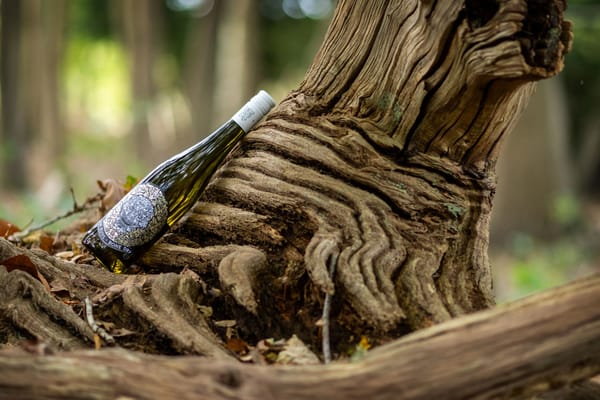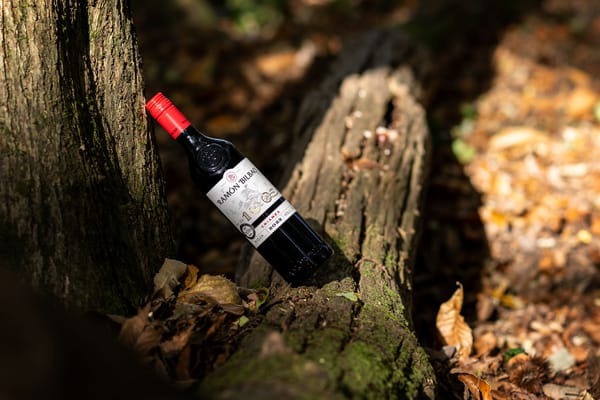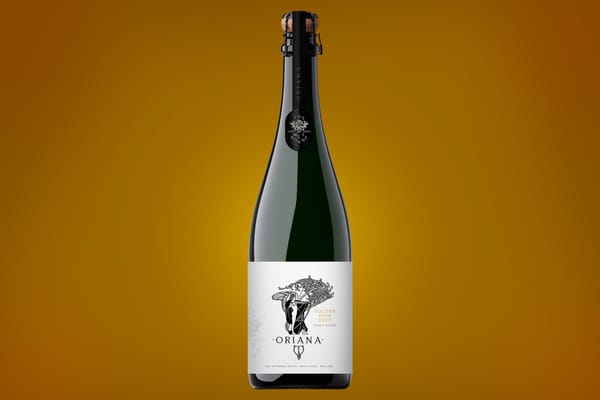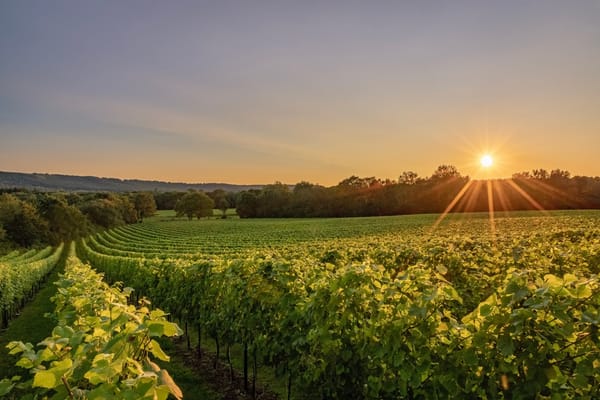Camel Valley Vineyard: Pioneers of English Sparkling Wine in Cornwall
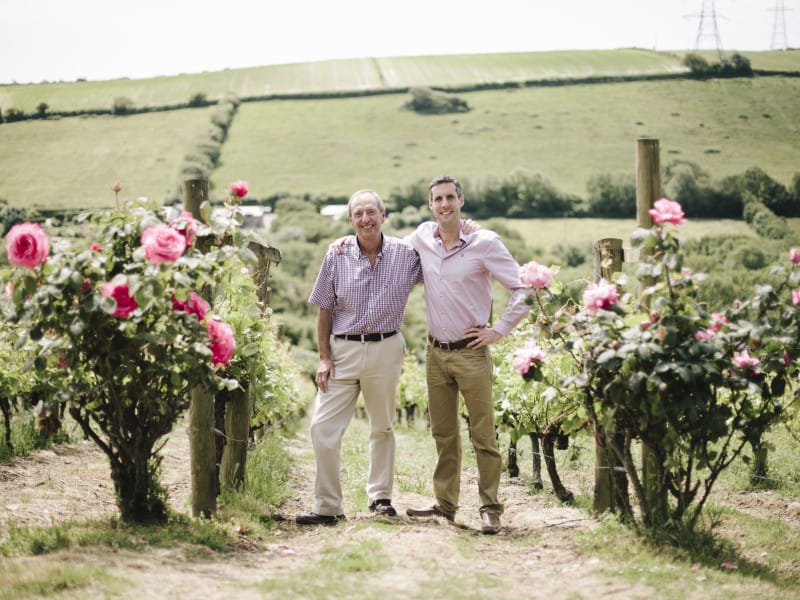
Camel Valley Vineyard in Cornwall has grown into one of the most respected names in English winemaking. Founded in 1989 by Bob and Annie Lindo, the vineyard began as a bold venture after the couple transitioned from sheep farming. Situated on the slopes near the Camel River, the land offered the right conditions for growing high-quality grapes, and the Lindos seized the opportunity.
Since then, Camel Valley has built a reputation for producing some of the finest English wines, particularly its sparkling varieties. The winery has received numerous awards over the years, and its commitment to quality has been recognised with Royal Warrants for both His Majesty the King and Her Majesty the Queen. The family’s approach combines hands-on craftsmanship with a deep respect for the land, ensuring consistency and excellence in every bottle.
At the heart of Camel Valley today is Sam Lindo, the second-generation winemaker who took over from his parents. A mathematics graduate, Sam returned to the family business in 2002, applying his analytical skills and fresh perspective to elevate the wines further. Under his leadership, Camel Valley has continued to earn international acclaim, with its sparkling wines standing out on the global stage.
In a recent conversation, Sam shared insights into the winery and wines:-
What challenges does Cornwall present for viticulture compared to Kent, Sussex and Surrey for example?
We have very similar challenges as the years can be a bit opposite if they are not the same. Cornwall has fewer places where you can successfully grow grapes, we were just lucky that our site worked.
How do you see the future of English wines?
My favourite quote is the future is already here but it is just somewhere else. We only have to look at other regions to see where we are going
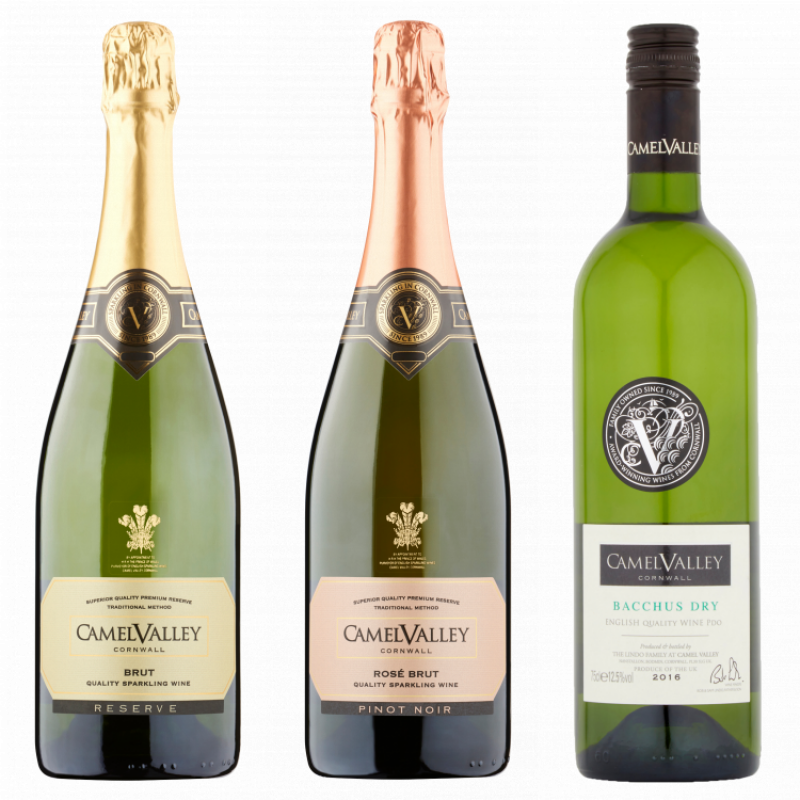
You were destined for a career in the city but came back to Cornwall. What prompted this decision and where did you train?
I couldn’t get the job I wanted. While I was working in the vineyard I realised this is what everyone was trying to get to while working in the city so it was a shortcut really. I learnt everything from my dad and he learned on the job.
What mistakes do you see in English wines the most?
People use too little dosage as they are trying to match champagne. They used to always use 12g RS in the 1990s when they had cooler weather like ours. There was no zero dosage back then and we shouldn’t do it here.
Which local restaurant would you recommend?
I can never decide between Nathan Outlaw, Paul Ainsworth and Rick Steins.
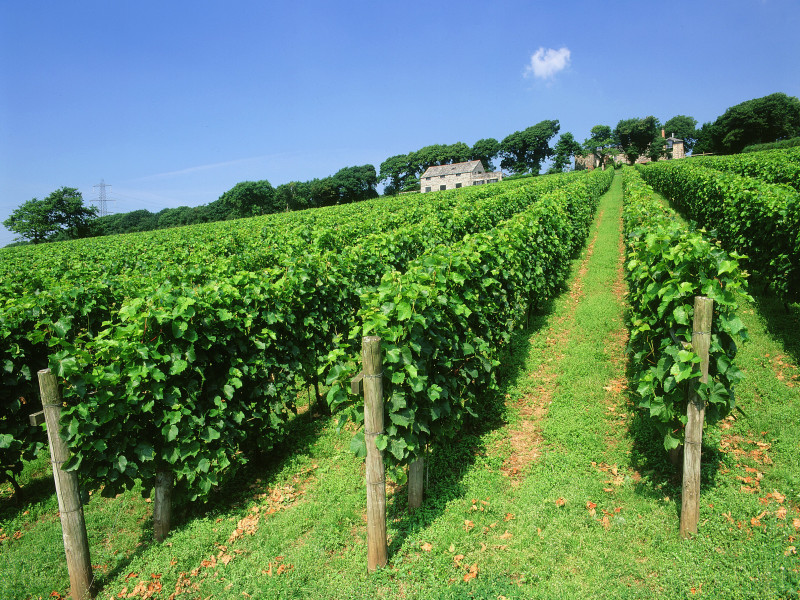
Which of your wines would you pair with their signature dish?
It has to be Darnibole Bacchus for Nathan’s fish, the brut for Rick Stein’s fish and chips and the Rose Brut on arrival to any of Paul Ainsworth’s places.
What are some of the most common reactions or surprises visitors have when they first visit Camel Valley?
In the old days, we enjoyed being the underdog and wowing people’s low expectations of English wine. Those days are gone. Now it is still that the place is so beautiful. There aren’t actually that many vineyards and wineries on the same site anywhere in the world.
Do the tour guides have a favourite story or piece of history that they love sharing with guests?
We don’t have tour guides, only people involved in the process show people around, hence only 6 tours a week between 4 of us.. Keeps it fresh. For me we start at Annie’s vineyard, now officially on the old vine register, annie is the only one to have winter pruned the vines.
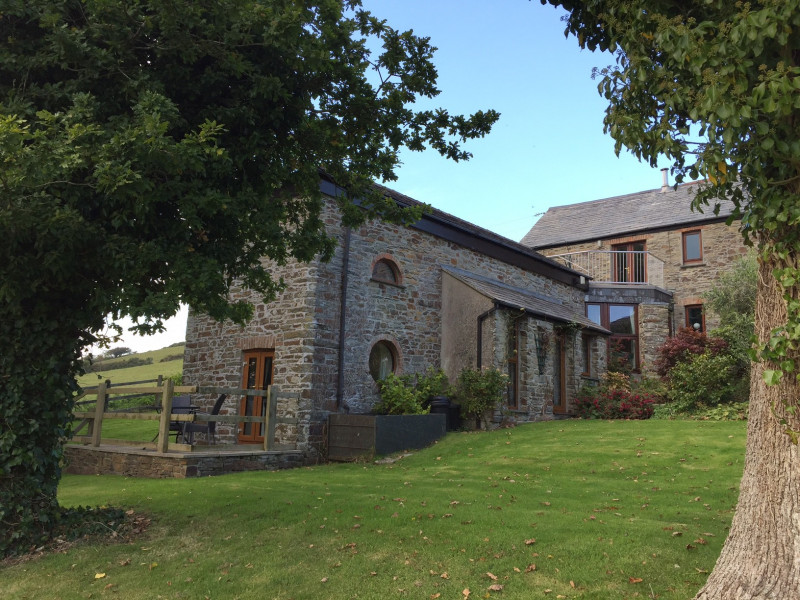
Are there any artefacts, architectural features, or historical details that guests are particularly drawn to?
Annies pruning
What is the most memorable or touching experience you’ve had with a visitor during a tour?
Probably the lady that came here for her 100th birthday. Had never drunk alcohol in her life and decided to try it then and loved it.
Have any celebrities or notable figures visited and are there any stories you can share about their visits?
Yes lots, we have a wall of signatures of famous people and masters of wines. Back when phones weren’t allowed we had Trevor Francis on the tour, we asked everyone to turn their phones off and he asked if he could keep his on because he was buying players.
What is the most frequently photographed spot on the estate, and why do you think it captures visitors' imaginations?
The classic isn’t shot is the glass of sparkling on the terrace overlooking the vines.
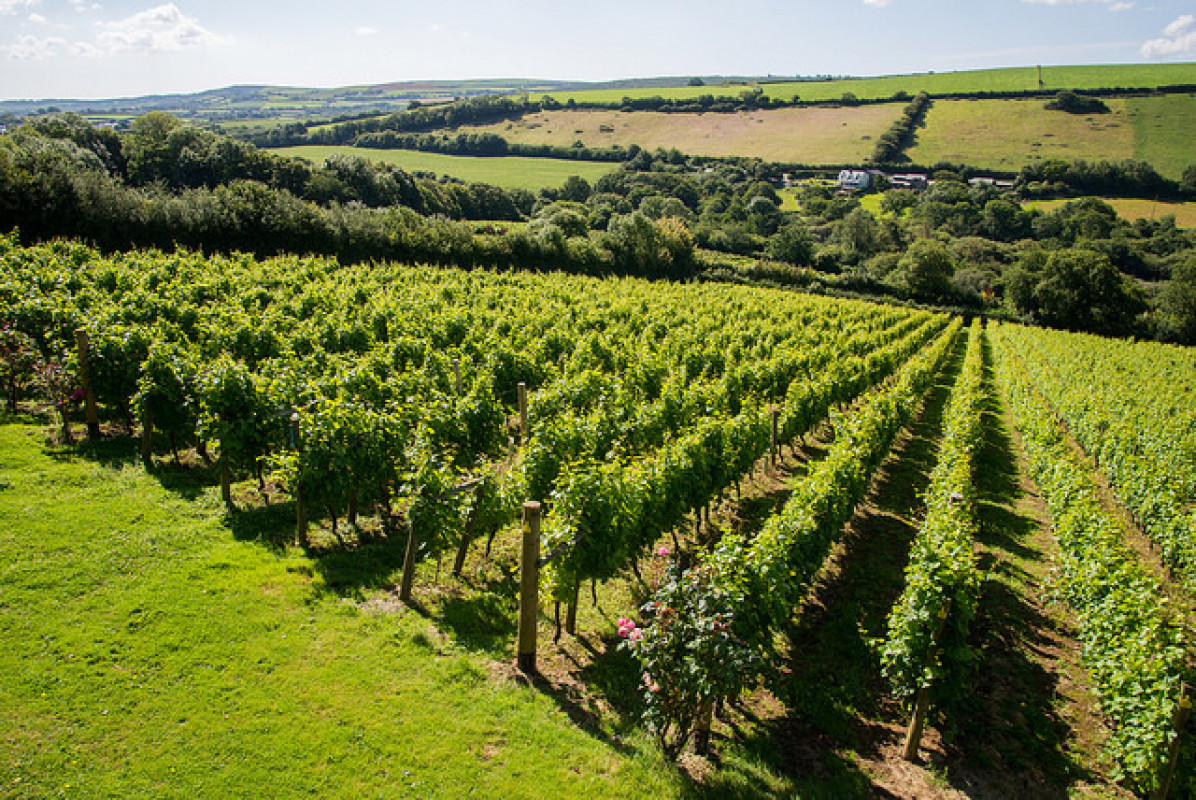
If a visitor could only take away one story, memory, or impression, what do you hope it would be?
All the wines are delicious
Are there any hidden or lesser-known features of Camel Valley that visitors are always surprised to discover?
We have never borrowed any money and the whole vineyard, winery and winery equipment is from re-investing over the years after the first year of making 5000 bottles.
Do visitors ever share personal stories about why they chose to visit you? What stands out to you?
We have been here long enough that people come because their parents came.
What varietals have you grubbed up over the years and why?
Pinot Noir precoce. When claims are made about special features it is normally at the expense of something else. In this case more colour less yield.
I am intrigued by your Sparkling Red. Was this inspired by those made in Australia? What grape varieties are in it and what technical challenges does it present?
Nothing to do with Australia. Like the reason we started making sparkling in the first place. The issues for still wine production become virtues for sparkling. Rondo in England has high acid and a green character which becomes a virtue in the sparkling and it has a character of black current that I have never experienced in wine before. It is not sweet like the Australian ones and is much fresher.
What is the biggest technical challenge you face during fermentation, and how do you address it?
There is no technical challenge if you make the right wine for the grapes.
What is your strategy for barrel ageing? How do you decide on the percentage of new oak versus older barrels?
No barrels and no Malo
Does your harvest time typically differ from the southeast of England?
5 days later on average
What steps do you take to ensure the health of older vines, and how do they contribute to the character of your wines?
We use the Simonet and search pruning technique. We are only just starting to see some differences, they are hard to pinpoint as traditional method sparkling can contribute to masking a lot of what is going on.
What is your approach to sulphur usage during production, and how do you balance preservation with natural expression?
The main property of our wines is the aromatics so so2 is very important. However with the low ph. we don’t need much and things are easier to control.
How do you decide when and how much to thin the crop?
We never thin the crop as we are never trying to ripen fruit to that level.
What role does microbiology play in your winemaking, particularly in managing fermentations and ageing processes?
Whilst some people claim wild ferments, I prefer the term passive inoculation. Most ferments will start naturally but this is with the same yeast we have been using for years. If it doesn’t start we will add just a tiny amount. The reason we do this is we get naturally slower ferment that requires less managing
How do you decide the ideal planting density in your vineyard, and what impact does it have on the quality of your grapes?
Density is irrelevant in the UK as we have no planting restrictions. We go for wide rows and high fruiting zones as this saves money and labour. Our old vineyard on the Bordeaux system is extremely challenging to work on without oxen.
How do you decide on the length of maceration during fermentation, and what impact does it have on tannin extraction and colour?
We don’t macerate. We crush everything and press it straight away.
What is your approach to managing oxidation during ageing?
We have a low ph. so this is not as relevant. All our wines age extremely well. One thing we do is to allow our bottle store to warm to 18c in the summer and cool to 9c in the winter. This is much better for the richness of our sparkling than keeping the cellar a stable 13c like champagne
What specific methods do you use to control pH during vinification?
None
How do you maintain a healthy microbial population in your vineyard soils, and what benefits does this bring to your vines?
We only mow 3 times a year. We mulch the pruning, we don’t apply any fertilizer. The main benefit is we are no longer growing as much grass and other things are growing instead. Long term I have no idea but it certainly, makes our life easier.

